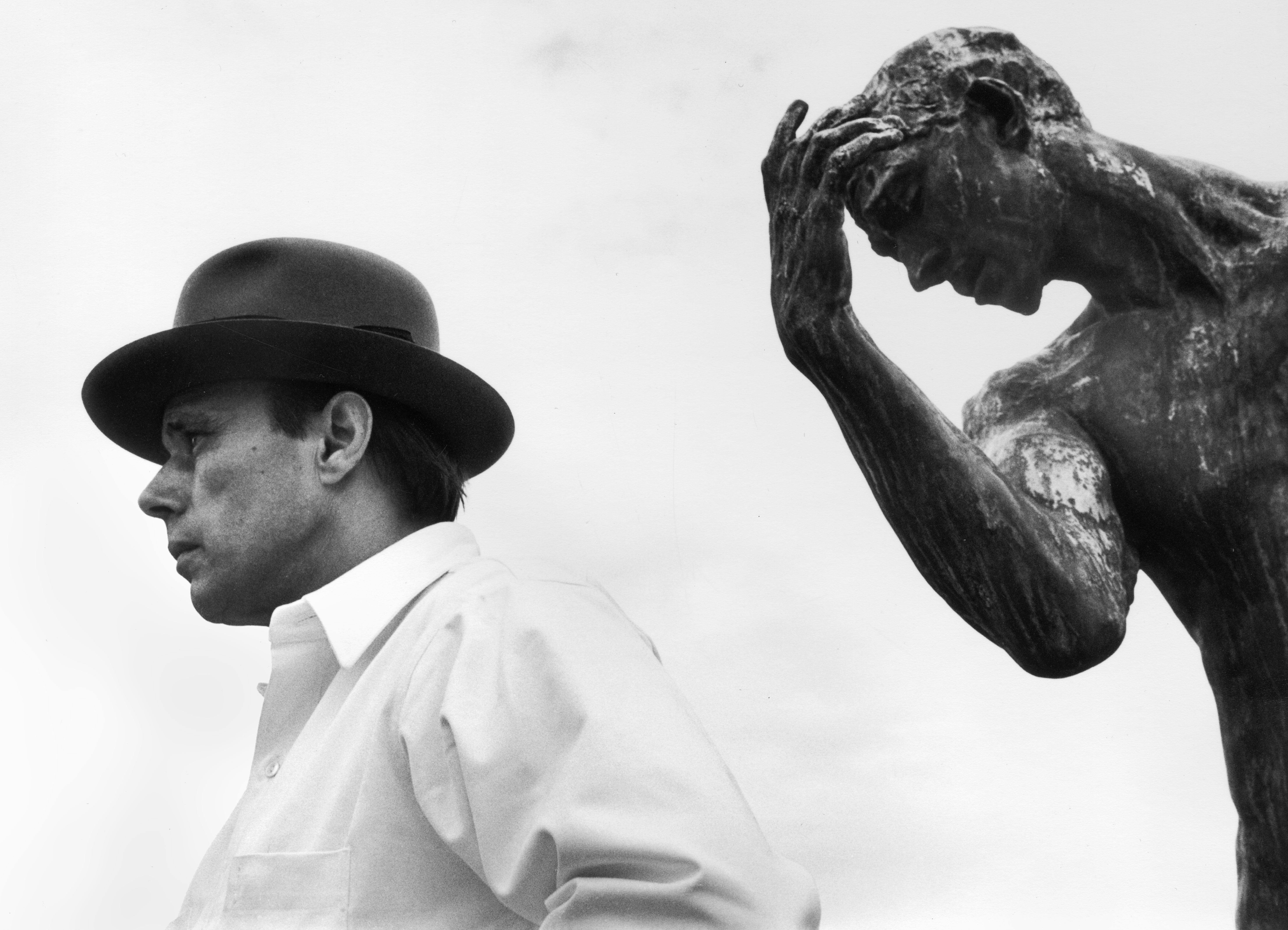‘Everyone is an artist’: The entirely revolutionary Joseph Beuys
At the time, Beuys was a dreamer, a fantasist, and a bit weird, says William Cook. It’s only now, 100 years later, that his work finally makes sense

This summer, arts institutions all over Germany are celebrating the centenary of one of the strangest and most charismatic artists of the 20th century – a man who challenged the art establishment and changed the course of modern art. He was frequently dismissed as crazy, yet he transformed the cultural landscape – not only in his native Germany, but throughout the western world. His mantra, “Everyone is an artist”, became a cri de coeur for a new generation, for whom the gallery was just a sideshow. For Joseph Beuys, art could be anything – it encompassed everything, it had no limits. For him, being an artist was a state of mind, a way of life.
By the time he died in 1986, Beuys had come to be regarded as more of a living artwork than an artist – a kind of Teutonic Andy Warhol, instantly recognisable in his trademark uniform of fedora, fisherman’s tabard and fur coat. Some revered him as a shaman. Others denounced him as a charlatan. For some, he was a philosopher. For others, he was a holy fool, an idiot savant. So who was Joseph Beuys, and why is he still important? And what does he have to teach us about the world today?
Joseph Beuys was born 12 May 1921 in Krefeld, an industrial town near Düsseldorf, and raised in Kleve, a medieval town on the Lower Rhine. His father was a moderately successful businessman. He was an only child. He was 11 years old when Hitler came to power. In 1936, like most boys his age, he joined the Hitler Youth. He was an able student, with a flair for drawing and an interest in science. He was unsure whether to train as a sculptor or a doctor. And then, when he was 18, Germany went to war.
Subscribe to Independent Premium to bookmark this article
Want to bookmark your favourite articles and stories to read or reference later? Start your Independent Premium subscription today.
Join our commenting forum
Join thought-provoking conversations, follow other Independent readers and see their replies